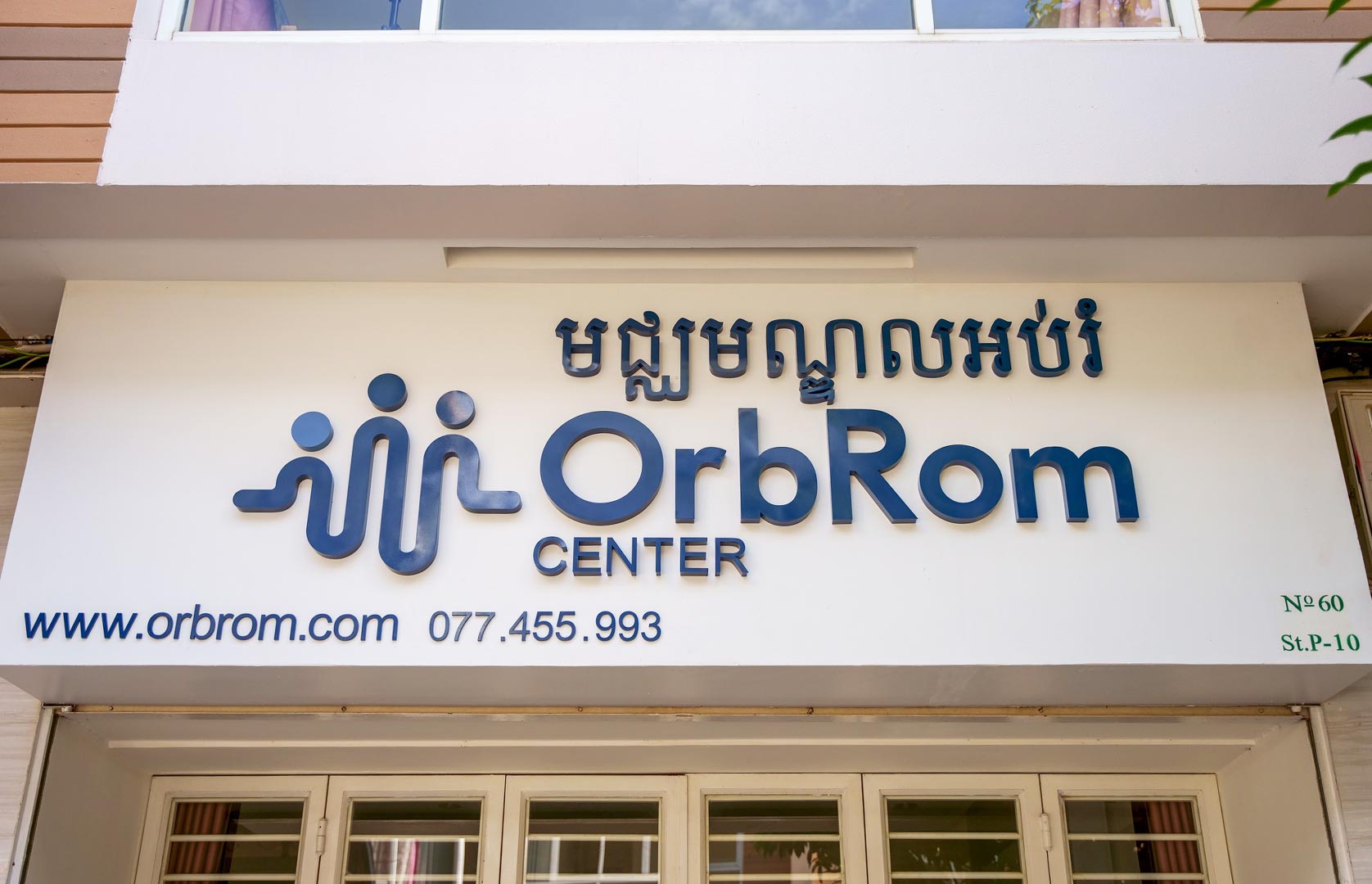Autism Spectrum Disorder (ASD) is a complex neurodevelopmental condition characterized by differences in social communication, restricted interests and repetitive behaviors. While the global prevalence of ASD is around 1%, accurate data on the prevalence of ASD in Cambodia is limited due to challenges in diagnosis and access to healthcare.
Despite these challenges, there is growing recognition of the need for awareness, understanding, and support for individuals with ASD and their families in Cambodia.
Diagnosis and Early Intervention
Early diagnosis and intervention are crucial for improving the outcomes for individuals with ASD. However, access to qualified professionals for diagnosis and therapy remains limited in Cambodia. This is especially true outside of major cities, where families often face significant barriers in accessing specialized services.
Several organizations are working to address this gap by providing training for healthcare professionals and developing culturally sensitive diagnostic tools. Additionally, community-based interventions are being implemented to support families in rural areas.
Education and Inclusion
Children with ASD often face challenges in traditional school settings. There is a need for increased awareness and understanding among teachers and educational staff to ensure that children with ASD receive the support they need to thrive in the classroom.
Inclusive education initiatives are being developed to create a more welcoming and supportive environment for all students. This includes providing teachers with training on ASD and developing individualized education plans for students with specific needs.
Support Groups and Advocacy
Support groups play a vital role in connecting families and individuals with ASD and providing them with a sense of community and belonging. These groups offer valuable resources and information, as well as emotional support and encouragement.
Advocacy efforts are also crucial in raising awareness of ASD in Cambodia and advocating for policies that promote the inclusion and well-being of individuals with ASD. This includes advocating for increased funding for research, diagnosis, and therapy, as well as for the development of inclusive education programs.
Challenges and Opportunities
While there have been significant strides in improving the lives of individuals with ASD in Cambodia, there are still many challenges to overcome.
- Limited access to diagnosis and treatment: This remains a major obstacle for families, particularly in rural areas.
- Lack of awareness and understanding: Many people in Cambodia still have limited knowledge about ASD, which can lead to stigma and discrimination.
- Insufficient resources: There is a need for increased funding for research, diagnosis, therapy, and educational support.
Despite these challenges, there are also numerous opportunities to improve the lives of individuals with ASD in Cambodia.
- Growing awareness and understanding: There is a growing awareness of ASD in Cambodia, which is leading to increased support and resources.
- Technological advancements: Technology can be a powerful tool for providing information and support to families and individuals with ASD.
- International collaboration: International organizations can provide valuable expertise and support to Cambodian organizations working in the field of ASD.
By overcoming these challenges and seizing these opportunities, Cambodia can ensure that all individuals with ASD have the opportunity to reach their full potential.
In conclusion, while there is still much work to be done, there is a growing movement in Cambodia to support individuals with ASD and their families. Through increased awareness, understanding, and support, Cambodia can create a more inclusive and welcoming society for all individuals with ASD.
Orbrom Center in Phnom Penh is a leading provider of comprehensive services for individuals with ASD and their families.
Orbrom Center is committed to providing high-quality, culturally sensitive services that are accessible to all families in need. The center’s team of experienced professionals works closely with families to develop personalized support plans that meet the unique needs of each individual.





Leave A Comment